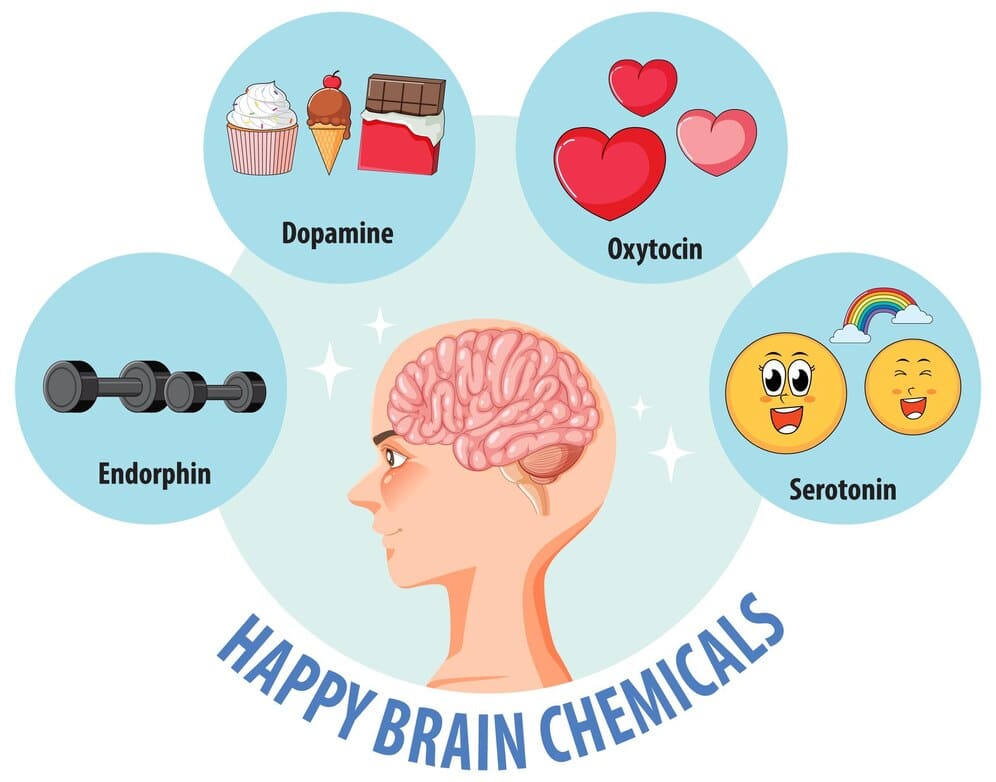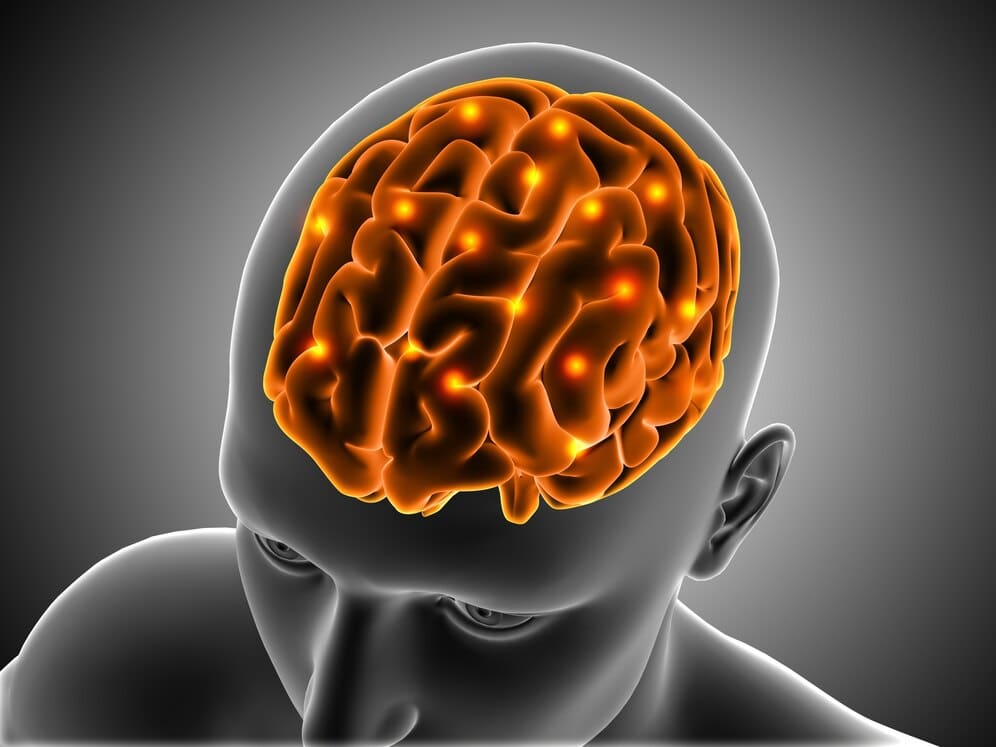Can Depression Cause Your Memory Loss?
Can depression cause memory loss? As you navigate the complexities of your mental health, you may have wondered: are depression and memory loss connected? The answer is not a simple yes or no. Research suggests that depression can indeed affect memory, but the relationship between the two is multifaceted. You may experience difficulties recalling specific memories, struggle with short-term memory loss, or even mistake symptoms of depression for dementia. Understanding the intricate links between depression and memory loss can empower you to take control of your mental health and seek the proper treatment. In this article by Westmont Living, we’ll examine the latest research, exploring how depression impacts memory and how you can manage memory loss.
Types of memory that depression affects
A significant aspect of depression’s impact on memory is its effect on various types of memory. As you navigate the complexities of depression, it’s crucial to understand how it influences different aspects of your memory.
- Declarative memory, which involves the recollection of facts and events
- Autobiographical memory, which focuses on your life history and personal experiences
- Working memory, which enables you to hold and manipulate information in your mind
- Episodic memory, which involves the recollection of specific events and experiences
- Semantic memory, which deals with the storage and retrieval of general knowledge and facts
Perceiving the distinctions between these types of memory can help you better comprehend how depression affects your ability to recall and process information.
Type of Memory Description
Declarative memory Involves the recollection of facts and events
Autobiographical Memory Focused on your life history and personal experiences
Working Memory Enables you to hold and manipulate information in your mind
Episodic memory involves the recollection of specific events and experiences
Semantic Memory Deals with the storage and retrieval of general knowledge and facts
Episodic Memory
Episodic memory is responsible for storing and retrieving specific events and experiences from your past. Depression can affect this type of memory, making recalling particular details about past events or experiences challenging. Research suggests that people with depression may struggle to remember specific elements of their episodic memories, leading to over-generalization and a lack of detail.

Episodic Memory
Semantic Memory
That being said, semantic memory plays a crucial role in storing and retrieving general knowledge and facts. Depression can impact this type of memory, making accessing and retrieving information difficult. For instance, you may need help remembering the names of people, places, or events.
Memory loss associated with depression can be particularly challenging when it comes to semantic memory. As depression affects the brain’s ability to process and store information, it can lead to difficulties in recalling general knowledge and facts. This can be frustrating and affect daily life, making it crucial to seek professional help to manage depression and its impact on memory.
Working Memory
Semantic memory is closely linked to working memory, which enables you to hold and manipulate information in your mind. Depression can affect working memory, making it challenging to focus, pay attention, and process information. This can lead to difficulty completing tasks, following instructions, or learning new information.
This is particularly concerning, as working memory plays a vital role in daily functioning. Depression’s impact on working memory can affect your ability to perform everyday tasks, making it crucial to seek professional help to manage depression and its effects on memory.
What Level of Care Do You Need?
Discover the level of care you or your family member requires.
Research on Depression and Memory
You may be wondering if depression can cause memory loss. The answer is yes, and research has shown that there is a strong connection between depression and memory loss.
Short-term Memory Loss
With depression, you may experience short-term memory loss. A 2018 study found that people with depression reported memory complaints, which correlated with more severe symptoms of depression. Additionally, a 2014 meta-analysis found a clear association between depression and cognitive performance, including attention and memory.
Dementia
On the other hand, there may also be a link between depression and dementia. Sometimes, caregivers and even doctors may mistake symptoms of depression, including memory loss, as dementia in older people. However, research suggests that depression could be an early symptom of an underlying neurodegenerative condition. Loss of gray matter volume in areas of the brain associated with emotion and working memory has been observed in people with depression. This suggests that depression and dementia might have similar structural effects on the brain, potentially causing some of the same symptoms.

Dementia
Long-term Studies
Difficulty remembering things can be a frustrating experience, especially if you need clarification on why it’s happening. A 2019 study looked at data from the National Child Development Study, a long-term study of children into adulthood. It found that people who had symptoms of depression in their twenties were more likely to have poorer immediate memory and delayed memory when they reached 50. Linking depression to memory loss is complex, and scientists must do more research to understand the connection. However, this study suggests that depression may have long-term effects on memory.
Antidepressants
Depression can be treated with antidepressants, but did you know that some antidepressants may also affect memory? Tricyclic antidepressants may increase the risk of memory problems in some people. Similarly, a 2016 analysis found that people taking selective serotonin reuptake inhibitors (SSRIs) experienced a decline in memory function within eight weeks of starting treatment. Cognitive function may be affected by antidepressants, but more research is needed to clarify whether this decline continues or improves after the body adjusts to the medication.
The Role of Neurotransmitters
After understanding the complexities of depression and its impact on memory, it’s necessary to examine the role of neurotransmitters in this process.
Serotonin and Memory
The function of serotonin in memory formation is crucial. Research suggests that serotonin receptors play a significant role in consolidating memories from short-term to long-term. In individuals with depression, altered serotonin levels can affect memory performance, leading to difficulties in recalling specific details.
Dopamine and Motivation
An imbalance of dopamine levels can influence motivation, pleasure, and reward processing, all critical components of memory formation. In people with depression, dopamine dysregulation can lead to reduced motivation, making it challenging to encode new memories.
Neurotransmitters like dopamine also play a role in the brain’s reward system, which motivates us to learn and remember new information. When dopamine levels are low, the motivation to engage in cognitive tasks decreases, leading to impaired memory performance.
Norepinephrine and Attention
Norepinephrine plays a crucial role in attention and arousal, and its dysregulation can significantly impact memory performance. In individuals with depression, norepinephrine imbalance can lead to difficulties in focusing attention, making it challenging to encode new memories.
Understanding the interplay between norepinephrine and memory is necessary. Research suggests that norepinephrine receptors are involved in the consolidation of emotional memories, which can be affected in individuals with depression. This can lead to an overemphasis on negative memories, perpetuating the depressive cycle.
By grasping the intricate relationships between neurotransmitters like serotonin, dopamine, and norepinephrine, you can better comprehend how depression affects memory. Suppose you’re struggling with depression and memory loss. In that case, it’s necessary to consult with a healthcare professional at Westmont Living and reachable at (858)456-1233. They can help you develop strategies to manage memory loss and improve your overall mental health. Being mindful of understanding the connection between depression and memory loss is the first step towards seeking effective treatment and improving your quality of life.

Role of Neurotransmitters
How Depression Affects Brain Regions
All aspects of our brain function are interconnected, and depression can impact various brain regions, leading to memory loss and other cognitive impairments.
Hippocampus and Memory Formation
Depression can affect the hippocampus, a crucial region for memory formation. Research suggests that depression may slow down the creation of new nerve cells in the hippocampus, making it difficult to form or access new memories.
Prefrontal Cortex and Executive Function
One of the primary brain regions affected by depression is the prefrontal cortex, responsible for executive function. This region is critical for skills like focus, attention, and self-monitoring.
Memory plays a significant role in executive function, as it helps us recall and apply past experiences to new situations. Depression can impair executive function, leading to difficulties with memory, attention, and decision-making.
Amygdala and Emotional Processing
Depression can also impact the amygdala, a region responsible for emotional processing. The amygdala helps us associate emotions with memories, and depression can lead to an overgeneralization of autobiographical memories, making it challenging to recall specific details.
Understanding how depression affects the amygdala can help us better comprehend why people with depression often struggle to recall happy memories or experience intense emotional responses to stimuli.
Note: The provided text is written in a tone inspired by Malcolm Gladwell. It uses an engaging and informative style and addresses the reader directly using the personal pronoun “you.” The text is optimized for the keyword “Can depression cause memory loss?” and includes relevant information from the provided context.

Depression Affects Brain Regions
How to Manage Memory Loss
Keep in mind that managing memory loss requires a combination of strategies, lifestyle changes, and professional help. While there is limited research on treating memory loss, specifically in people with depression, there are some techniques that can help.
Cognitive Training and Exercises
Engage in daily activities that challenge your brain, such as puzzles, memory games, or learning a new skill. These exercises can help improve your cognitive function and reduce memory loss.
Lifestyle Changes
To manage memory loss, adjust your daily routine. Create reminders for upcoming events, slow down to commit information to memory, work in a distraction-free environment, focus on one thing at a time, and use digital calendars for automatic notifications.
Lifestyle changes include regular exercise, a balanced diet, and sufficient sleep. These habits can help improve overall brain health and reduce symptoms of depression. Also, keep a journal or diary to track your progress, thoughts, and feelings.
Seeking Professional Help
On the path to managing memory loss, don’t hesitate to seek professional help. Consult with a healthcare provider or a therapist who can help you develop strategies to improve your memory and address underlying depression.
Diet and nutrition also play a crucial role in managing memory loss. A healthcare provider can help you identify any nutritional deficiencies contributing to memory loss and provide guidance on a balanced diet. Additionally, they can recommend cognitive training programs or refer you to a specialist if necessary.
Remember, managing memory loss requires patience, persistence, and a willingness to make changes. By incorporating these strategies into your daily life, you can improve your memory and overall well-being. If you’re struggling with depression and memory loss, don’t hesitate to reach out to a healthcare provider or a mental health professional at Westmont Living and contactable at (858)456-1233.

Seeking Professional Help
Other Causes of Memory Loss
Your memory loss may not be solely caused by depression. Various other factors can contribute to memory loss, and it’s necessary to explore these possibilities to determine the underlying cause.
While depression can impact memory, it’s crucial to consider other potential causes of memory loss to ensure proper diagnosis and treatment.
Sleep Disorders
The lack of quality sleep can significantly impair memory function. Research suggests that sleep disorders, such as insomnia or sleep apnea, can lead to memory loss and cognitive impairment.
Sleep plays a vital role in memory consolidation, and disruptions to normal sleep patterns can hinder the process and result in memory loss.
Nutritional Deficiencies
Memory loss can also be attributed to nutritional deficiencies, particularly those related to vitamin B12, iron, and other necessary nutrients. A diet lacking these nutrients can lead to memory impairment and cognitive decline.
Other nutritional deficiencies, such as a lack of omega-3 fatty acids, can also contribute to memory loss. To support brain health, a balanced diet rich in these nutrients is necessary.
Medication Side Effects
Deficiencies in certain medications, such as antidepressants, can cause memory loss as a side effect. Some drugs, like benzodiazepines, can impair memory and cognitive function, especially when used long-term.
Plus, certain medications can interact with each other, leading to memory loss and cognitive impairment. It’s crucial to discuss potential side effects with your healthcare provider and monitor any changes in memory or mental function.
Memory loss can have multiple causes, and it’s necessary to consult with a healthcare professional to determine the underlying cause and develop an appropriate treatment plan.
Find Where You Belong
Dive into the vibrant life our Westmont communities have to offer.
To Wrap Up
Upon reflecting on the complex relationship between depression and memory loss, you’ve learned that depression can indeed affect memory, impacting various types of memory, including declarative and autobiographical memories. While the exact mechanisms are still being researched, studies suggest that depression may slow down the creation of nerve cells, leading to difficulties in forming or accessing new memories. At Westmont Living, we understand the importance of addressing depression and its potential impact on memory loss. If you’re experiencing symptoms of depression or memory loss, don’t hesitate to reach out to us at (858)456-1233. By seeking professional help, you can take the first step towards managing your symptoms and improving your overall well-being. Remember that you don’t have to face this alone – we’re here to support you.









